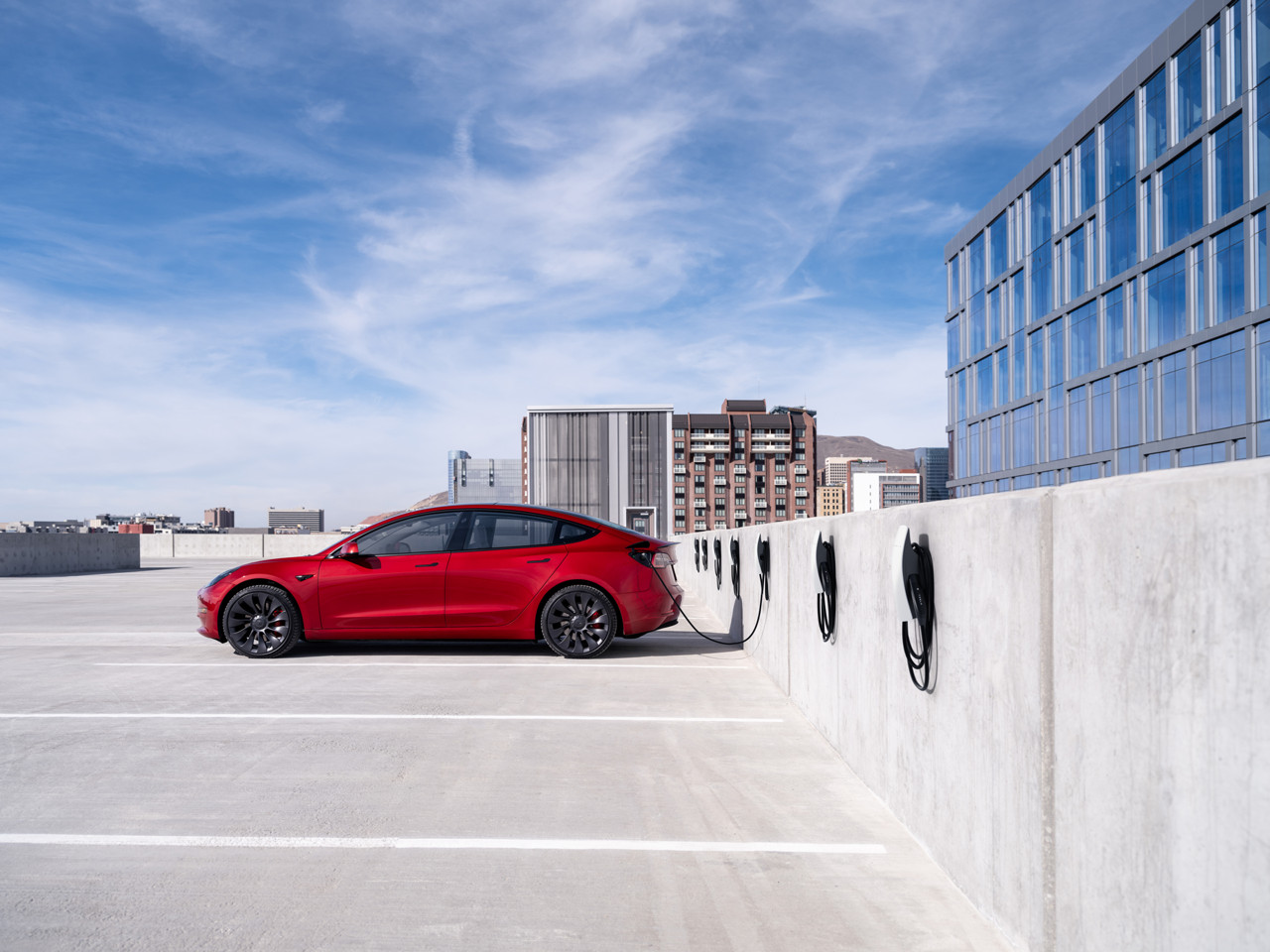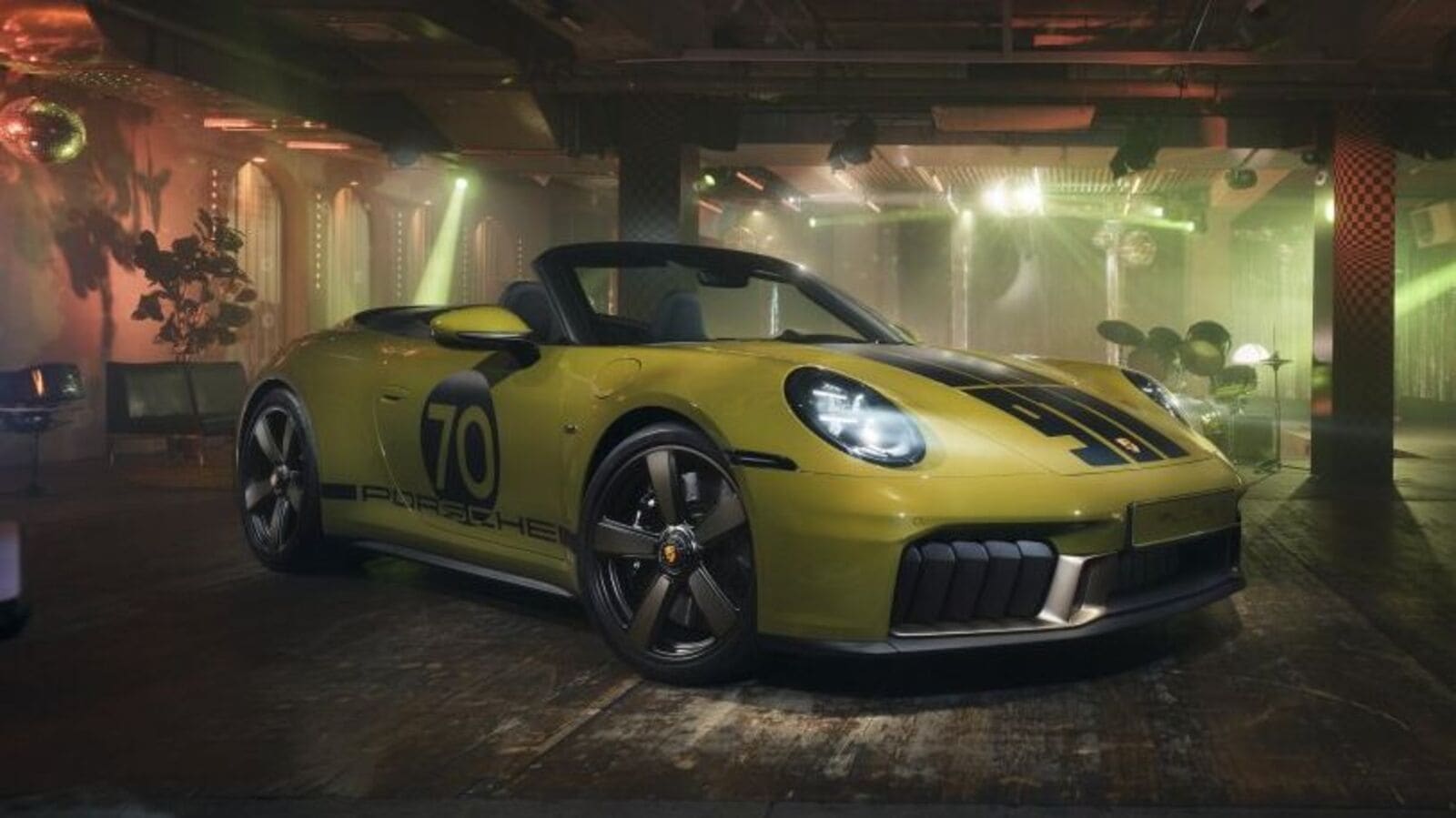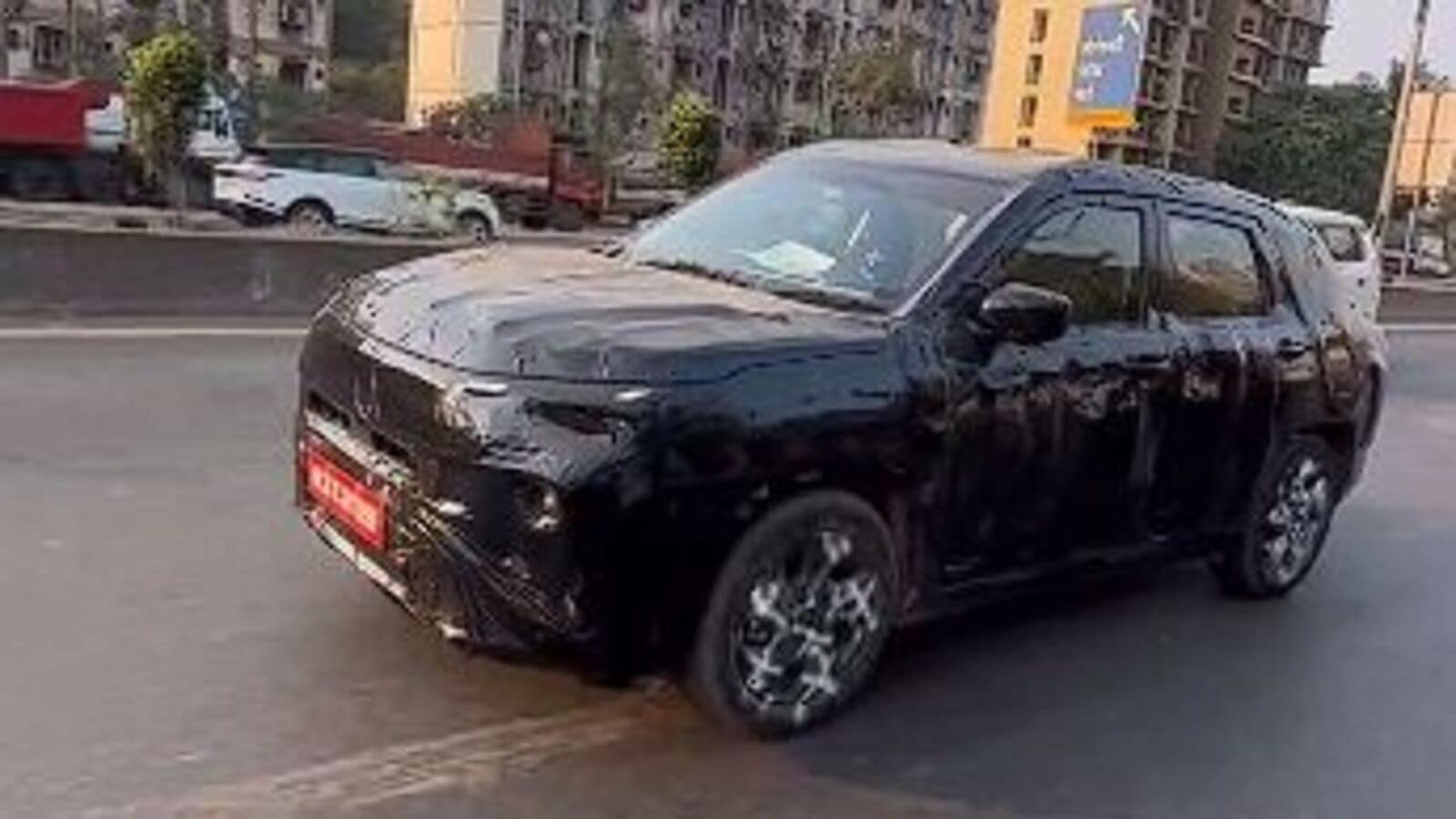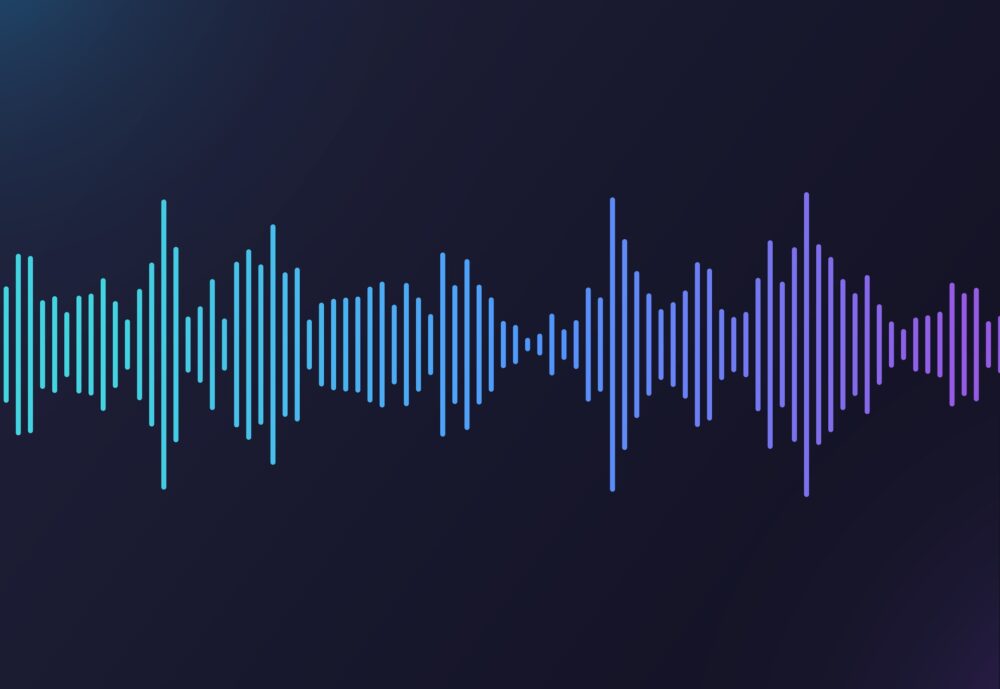- DC fast-charging usage has improved, according to Power
- Ease of charging and payment acceptance were the biggest differentiator between Tesla’s network and others
- Some 19% of those surveyed said they’d encountered inoperable chargers
Customer satisfaction with public EV charging continues to improve, with Tesla remaining on top, according to a new J.D. Power study.
While issues remain, J.D. Power found improvements over the first two quarters of 2024. Satisfaction with DC fast charging increased to 664 points on a 1,000-point scale, a 10-point increase from the same period in 2023. Satisfaction with Level 2 AC charging saw a slight dip of three points, with a score of 614.
Among Level 2 users, satisfaction improved in five of the 10 factors that comprise those rankings, though, and DC fast charging saw satisfaction improve in six of those 10 areas. One sticking point with AC charging was speed, where satisfaction with Level 2 chargers dropped four points, to 451. Satisfaction with DC fast-charging speed increased from 588 points in 2023 to 622 points in 2024.
GM and Pilot Company’s EV charging network
While another J.D. Power study published in June indicated the Tesla Supercharger network was losing its edge, it remained the highest-ranked DC fast-charging network for the fourth year in a row. The Tesla Destination network was also the highest-ranked Level 2 network.
The biggest gaps between Tesla and non-Tesla charging experiences were payment and ease of charging, according to J.D. Power. Tesla lists customers start charging quickly via automatic payments, which study data showed is particularly important to EV drivers, but other automakers and charging networks have been slower to implement equivalent automatic payment systems like Plug & Charge.
The fact that some owners of non-Tesla EVs can now access the Tesla Supercharger network thanks to automakers’ adoption of the North American Charging Standard (NACS) may be a factor in the increase in overall satisfaction with charging, J.D. Power says. But consistent reliability gains will likely depend on guaranteed interoperability between vehicles and charging stations as well.

Gravity EV charging center in New York City
And reliability is still an issue, according to J.D. Power. Of EV owners surveyed for this study, 19% reported visiting a charging station and not being able to charge their vehicle. That’s not exactly an improvement from a previous J.D. Power study from 2023, which found that one in five charging attempts fails.
The main culprit was inoperable chargers, which affected 61% of failed charging attempts. Lack of chargers and/or long wait times (20%) and damaged cables or connectors (10%) were also factors. EVgo has announced a program of improvements and better diagnostics to address this, but it seems there is a long way to go.




